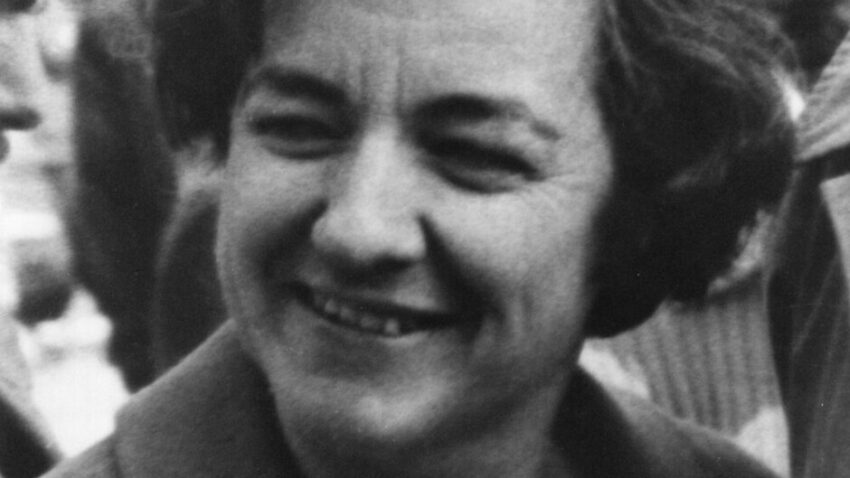
Most lawyers will remember learning about the “penumbra” of the Constitution – the concept that the amendments imply an “attitude of will” that allows for interpretation beyond the plain meaning. The U.S. Constitution was written by and for an exclusive group of individuals who could not predict the needs of the diverse and growing community that makes up America today. Penumbral thinking has allowed the U.S. Constitution to stay relevant as a “living document,” the interpretation of which may change to serve the needs of the nation as it inevitably continues to develop and change over time. Since 1789, the nation’s laws and constitutional protections have thankfully progressed – always lagging just behind the needs of a quintessentially different time and population.
In Griswold v. Connecticut (1965), Catherine G. Roraback, attorney for Griswold, successfully argued that the penumbra(s) created by the First, Third, Fourth, and Ninth Amendments establish a right to privacy. Roraback’s argument for this implied right to privacy guaranteed legal access to birth control, completely changing the lives of women in the United States through the possibility of planned pregnancy. Griswold laid the groundwork for cases like Eisenstadt v. Baird, which gave unmarried couples the right to obtain contraceptives, and the ever-controversial Roe v. Wade (1973), in which the court held that the state could only interfere with a woman’s right to choose whether to give birth after the fetus was “viable” and if an abortion was not necessary for the woman’s life or health. Recently overturned in 2022, Roe v. Wade protected this right for almost 50 years.
Although Griswold v. Connecticut may have been Roraback’s most famous case, her impact as a public interest attorney was not limited to reproductive rights. Roraback successfully defended Ericka Huggins, Black Panther Party leader and director of the famous Oakland Community School, in the New Haven Black Panther Trials. At the time of the trial, she was the only female criminal defense lawyer practicing in New Haven. Throughout her career, Roraback was committed to justice. She continued to defend those impacted by police coercion, corruption in the legal system, and those impacted during McCarthyism (despite being allegedly targeted by COINTELPRO herself).
Her service went beyond her role as a lawyer, taking the form of leadership roles in organizations including the American Civil Liberties Union, National Lawyers Guild, and Planned Parenthood throughout her life. Organizations like this are ever more important for sustained community organization to protect each other. In this particular moment of American history, when Roe v. Wade has been overturned and legislation and rhetoric increasingly endanger and destroy hard-won rights to dignity, we look to victories of the past to give us inspiration and hope.
Catherine Roraback donated her papers to Martha Albertson Fineman, who archived them as part of the Feminism and Legal Theory Project at Cornell University, where Fineman held the first legal endowed chair of feminist jurisprudence at a law school in the United States. Professor Fineman brought the collection with her when she came to Emory Law in 2014. This Women’s History Month, we invite you to explore Catherine G. Roraback’s legacy of activism, legal brilliance, and unwavering dedication to justice in the Catherine G. Roraback Papers at the Feminism and Legal Theory Project Archive at Emory Law.